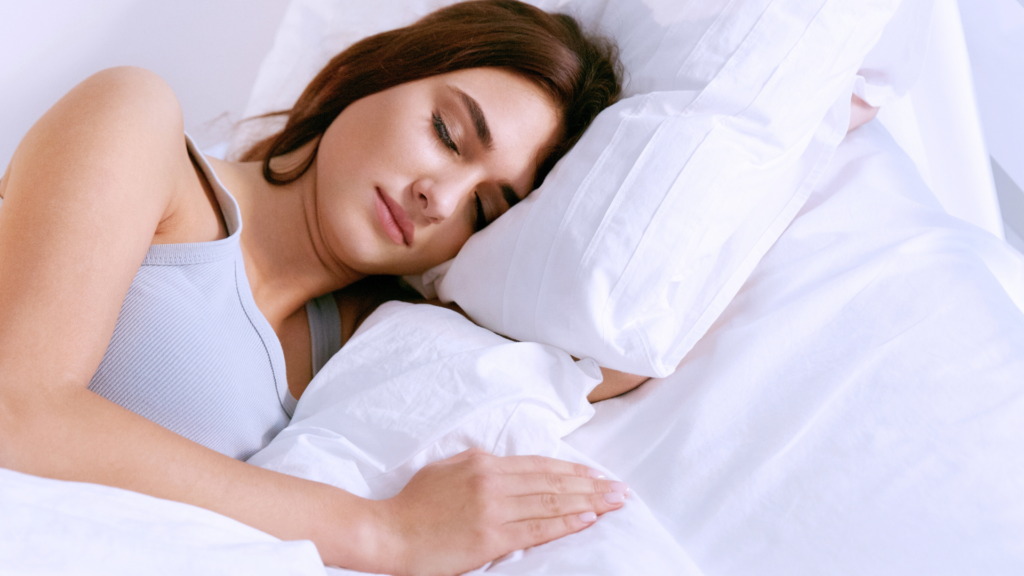Five Habits to Quit for Better Sleep

Getting a good night’s sleep is essential for everyone. Quality sleep leads to increased energy, aids in weight management, enhances mental clarity, and makes you feel great overall. However, certain daily habits can significantly impair your ability to sleep well. Before turning to sleep aids, consider whether any of these five common behaviors might affect your sleep quality. 1. Alcohol Consumption While a glass of wine or a cocktail might seem like the perfect way to unwind before bed, alcohol is a known sleep disruptor. It may help you fall asleep faster, but it adversely affects the quality of your sleep. Alcohol disrupts the stages of your sleep cycle, particularly the REM stage, which is crucial for memory and learning. As the effects of alcohol wear off, it’s common to experience disturbances that prevent restful sleep. 2. High Sugar Intake Consuming sugary snacks or beverages close to bedtime can wreak havoc on your sleep. Foods high in sugar lead to spikes in blood sugar levels, followed by crashes that can occur during your sleep. These fluctuations can pull you out of deep sleep, reducing overall sleep quality, and can lead to wakefulness or a less restful night. 3. Late-Day Caffeine Caffeine is a stimulant, and its effects can linger in your body longer than you might expect. It can take up to 10 hours for caffeine to be completely metabolized and cleared from your system. Drinking coffee, tea, or other caffeinated beverages late in the day can keep you from falling asleep or disrupt your sleep cycle, leaving you restless throughout the night. 4. Lack of Physical Activity Regular physical activity is crucial for good sleep. It helps to regulate your hormones and supports a healthy circadian rhythm, your body’s internal clock that signals when it’s time to sleep and wake. People who spend most of their day sitting and do not engage in physical activity often have a harder time falling asleep and experience poorer sleep quality. 5. Exposure to Nighttime Screens In the modern world, it’s common to end the day by scrolling through social media or watching television. However, the blue light emitted from screens can interfere with the production of melatonin, the hormone that signals your body it’s time to sleep. Exposure to blue light in the hours before bed can make it more difficult to fall asleep and stay asleep. Making Changes for Better Sleep If you find your sleep is less than satisfactory, take a close look at these habits. Try adjusting one or more of these behaviors and observe whether your sleep improves. You might find that these simple lifestyle changes have a significant impact on your sleep quality. Remember, achieving better sleep is a key component of overall health and well-being.



